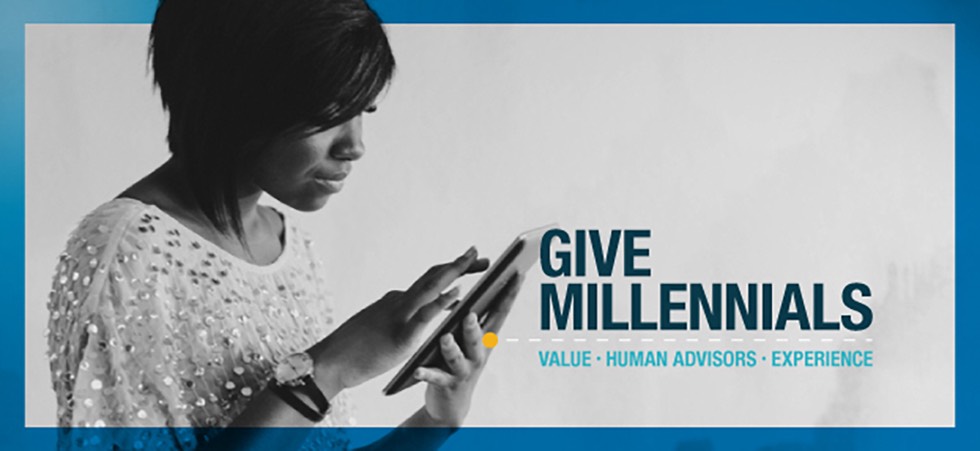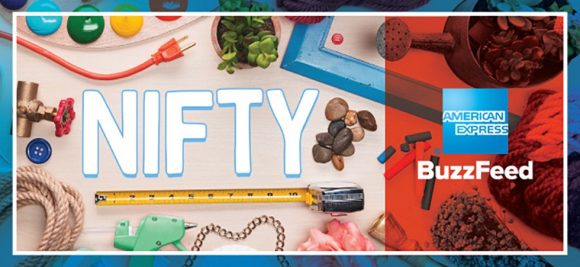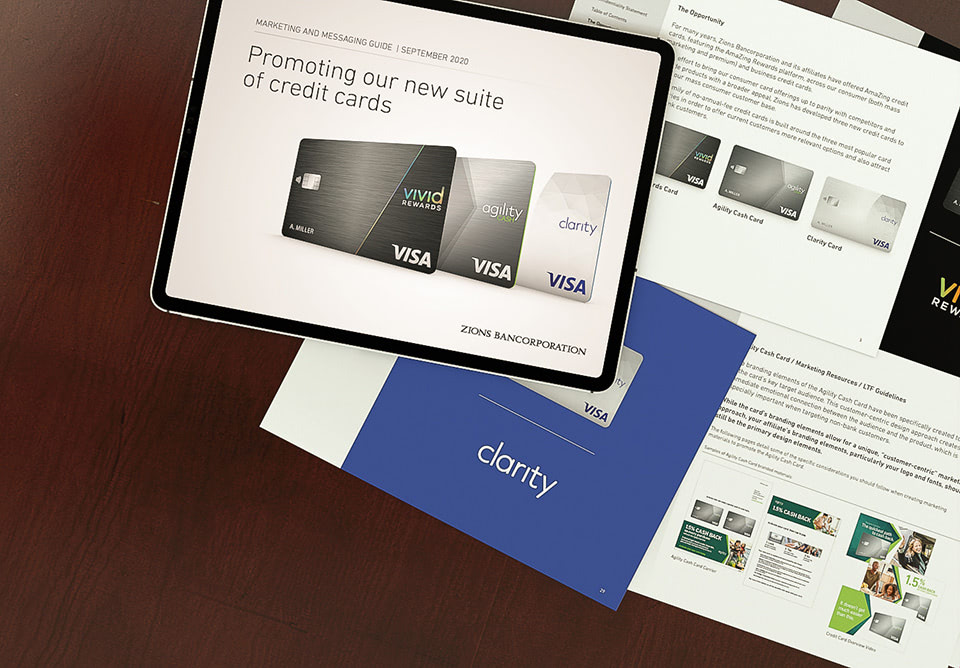Why Relationships Trump Mobile Apps When Banks Compete for Millennial Customers

The stats about Millennials and mobile banking are pretty much what you’d expect: these digital natives are huge fans. One recent banking index shows that “Millennials are three times as likely as Baby Boomers to use their mobile phones to access their accounts.” In addition, according to that same data set, “Millennials are more than 2.5 times as likely to have made a mobile payment in the past 30 days via an app than Baby Boomers, and 85% more likely to have done so than Gen Xers.”
It may be tempting for banks to draw a simple conclusion from these stats: if you build a terrific mobile app, Millennial accounts will come. But the “if you build it, they will come” strategy represents extremely short-sighted thinking.
While it’s true that if the digital/mobile experience your bank offers isn’t stellar, you may never get (or you may lose) Millennial customers, technology alone isn’t enough. Based on recent data, Accenture calls the tech-only approach “naïve at best.”
So what else matters to Millennials? According to the Accenture report:
- Value / “More than the North American average and other demographic groups, Millennials (56%) say that the top reason they would stay loyal to their primary bank is if the bank located discounts on purchases of interest. So it’s discounts, not just digital that banks must get right. Why? Value matters to Millennials.”
- Human advisors / “Millennials want human interaction, too. The majority (86%) expect to use the bank in the future because they can connect with human advisors there to address issues that go beyond basic banking transactions.”
- A smooth customer experience / “A key takeaway is that Millennials are not one dimensional. They want digital tools some of the time, human interaction some of the time and value all of the time. As they move between physical and digital experiences, they want consistency. Yet only 22% find their banking experiences to be completely seamless today. This desire for seamlessness is a hallmark of the Millennial mindset. Banks that deliver it can win with them in the future.”
The key takeaway from Accenture’s 2016 digital banking survey? “While Millennials are digital banking devotees, banks should not assume that’s all they’re about.”
The risk
Banks are no longer competing exclusively with other banks. Many different kinds of companies are entering the banking and payment spaces. We wrote last year about how Apple, Google and Amazon are changing customer expectations in many industries, including financial services. But these companies, and others like them, not only help define what customers want in other industries, they’re also learning to compete in those industries. American Banker reports, for instance, that we can “add Amazon Echo to the array of devices consumers can use to bank.”
The data already shows Millennials welcome this kind of technology. As Ben Bradley wrote for Business 2 Community, “Millennials are choosing mobile banking through mobile apps, but even that could be falling by the wayside soon if banks aren’t able to connect with them on a more personal level. [A recent] Scratch report showed that 73% would be more excited about financial services advancements through tech giants like Google, Apple or Amazon than from banks, and 33% believe that soon they won’t need a bank at all.”
The sure bet
Although banks will continue to get more competitive when it comes to technology, they may never be able to beat out all the contenders and sit atop the digital/mobile customer experience. But we don’t intend that as bad news. It’s easy to let the bells and whistles wow and impress (as they must do now and not just for Millennials), but we doubt that on their own they’ll ever be enough to earn and keep customers.
As noted in the Accenture data above, Millennials want human connection and interaction. The warning embedded in Bradley’s statement above – if banks aren’t able to connect on a more personal level – is actually a bright spot. Here’s why: banks know how to do relationships.








